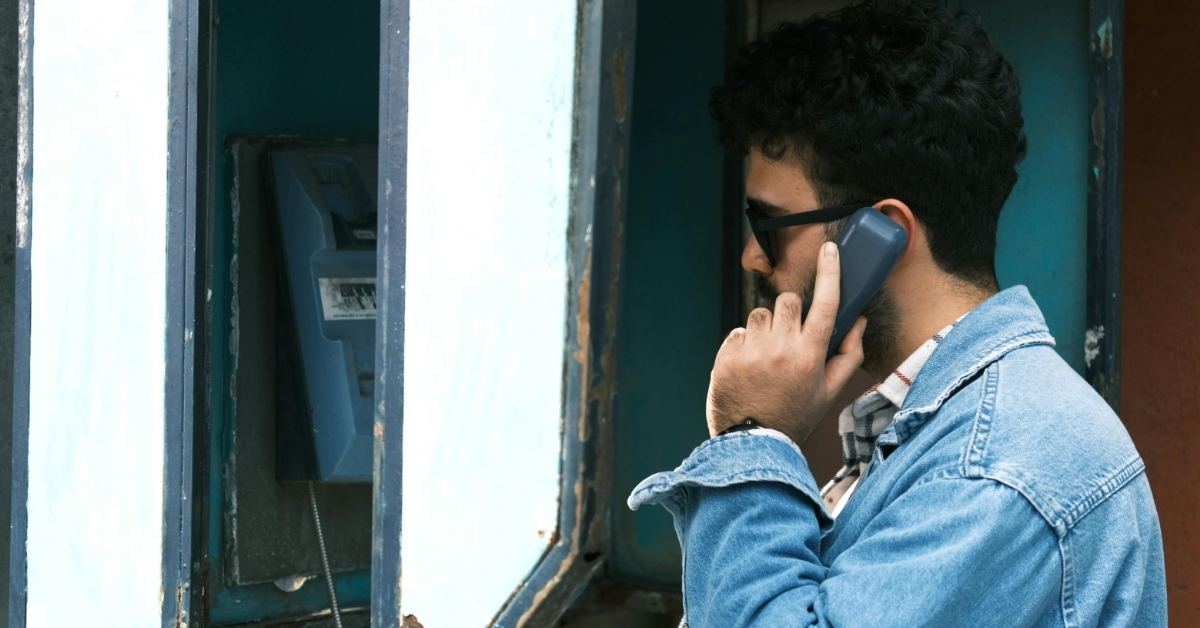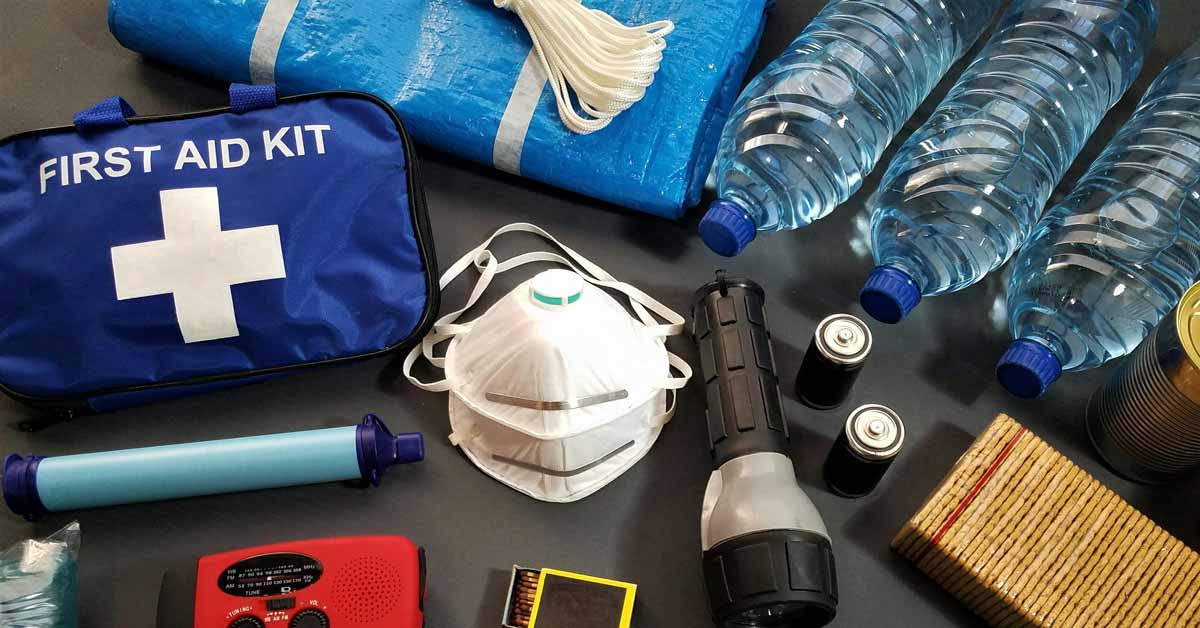Death isn’t exactly what most people consider dinner table talk.
Thinking about our individual, inevitable demise — or perhaps worse: the loss of the people we love most — is often something we aggressively push to the farthest corners of our minds.
For Alua Arthur, on the other hand, she’s got a lot to say.
Arthur is a death doula and end of life planner who leads a whole team of experts at her company Going With Grace. She is also a former director of the National End-of-Life Doula Alliance, and has solidified a reputation as the most visible death doula working in America today.
And she just published a book: “Briefly Perfectly Human: Making an Authentic Life by Getting Real About the End.”

Having worked with Chris Hemsworth — and thousands of everyday clients who are in hospice care, or just want to think more intentionally about their deaths — Arthur is “a friend at the end of the world,” according to Harper Collins.
In her memoir, she shares warm and generous stories about her work, provides meaningful and funny tidbits about the business matters of death, the emotional and sacred spaces between life and death, and how thinking about death can lead to a more meaningful life.
It’s like the extended version of her popular TED Talk, which we were fortunate enough to witness live at TED 2023 in Vancouver. Following her transformative Talk, Good Good Good sat down with Arthur to discuss her work.
Upon the release of her memoir, we hope this conversation provides more insight into the most important work we all find ourselves doing: Living and dying.
This conversation has been edited for length and clarity.
A Q&A with America’s favorite death doula, Alua Arthur
Branden Harvey, Good Good Good: Thank you for giving me a few moments of your life. I want to know: How should we be thinking about time — this thing that's precious and measurable?
Alua Arthur: Well, I think we can break it down into small little bits and try not to think of the totality of it, because that's really overwhelming.
If I can be with you right now, because we are just here right now, then that's good enough. I can worry about the next thing when it's time to do the next thing. But for now, I'm with you, Branden. We're going to spend our time, and then when we're done, I'll go do the other thing that I have to do.
I think breaking it down helps a lot. It helps it seem a little less overwhelming. But I also think that some of the ways in which we think about time is a fallacy. We know that it's limited, but some of us don't behave that way. We act like we've got all the time in the world, and we don't. Even though I think of time as an utter illusion, my time here is limited. Every tick of the clock, I get closer to my final tick. So, we need to behave that way.
BH: The time that I'm spending with you right now, it's exciting, it's energizing, I'm learning from you. But I also spent time emailing to get here. I spent time booking a train ticket to get here. These are all things that are not the cool part. It's not the part that I'm going to go home and tell my friends about. I'm going to tell my friends about how wonderful it was to speak with you.
How should we be thinking about those more mundane moments?
AA: I think part of the trick is, well, it's not really a trick. It's actually super basic.
But it’s not only being there for the emailing, but for me, sometimes I just check out that I have fingers that can click, click, click, click, click. The sound that my nails make against the keys sounds like music. The feeling of the key on my finger, the fact that I cannot figure out how to spell curriculum to save my life. It tickles me to no end.
If we can be with the minute, the micro in the activity itself. I think that allows us to be present with it.
I'm trying to figure out how I can get to this place, but in getting to that place, there's all these million little things I got to do to get there, and every single last one of them is utterly magical.
BH: If we zoom out a little bit, I think about members of our community who are fighting to make the world a better place. They are activists. They are world changers, they are educators, they are shaping people's lives and the planet around us. They, too, have some big moments. Then they, too, have the small things where they wonder, does this small step matter?
AA: Every little last bit matters. There's so much that I know that I'm not going to be able to change in my lifetime, but that has not absolved me of the responsibility of doing my part right now.
Racism? I don't know if I'm going to see the end of it in my lifetime. There's a lot of work that needs to be done. Does that mean that I don't challenge racist assumptions that come my way? No. It means that I call it to the extent that I have the energy for it. I call it when I see it.
Does it mean that the world may not be living in a relationship to their death by the time that I die? Does that mean that the work that I did was irrelevant? Absolutely not. I'm still going to do it. My activism is something I hold super core as a part of my identity.
I'm always pissed about the way we [as humans] do something, but mostly at its core, that’s because we're not being good to other humans. So what can we do to make [living] a better experience for other humans? I think that there's a bunch of little things that we can do that make a big difference in the long run. It takes every little last person, every little last word.
BH: You're awakening people to this idea of the importance of death doulas. Maybe a lot of people, for the first time, are finding out what a death doula is. For some people, it's even more basic; finding out what a doula is and then extrapolating from there.
Tell me about the work that you are doing, and the work your organization is doing, to make the idea of this more accessible to more people.
AA: A while ago, when I first got into the work, I was super gung-ho. I was trying to serve as many people as I could. And nobody was coming because they didn't know about what we did. And I was like, “what do you mean? Everybody should know. Everybody wants this. Everybody needs this. We need to do something about this.” And nothing was happening.
Then, I started doing some public education around it and started to talk to people about it. So, first and foremost, we need to educate folks about what doulas are, what death doulas offer, so they can come find us. That means that I spend a decent amount of my time doing that.
But also, when I'm teaching other death doulas, that means it’s not just one family I'm able to work with directly. If I'm in a room talking to 250 doulas, that's 250 people being impacted now. So we're trying to duplicate and replicate, to bring it alive in other folks so that they can also go and do it. It requires an army to change anything.
BH: And you're also working in such a personal space that it might have a lot of unique impact. So your work is also to create more people who can create more one-on-one connections.
AA: Absolutely. Also, a really key component is that we're all so different. Not everybody's going to hear the fact that they're going to die from me. They may think I'm too Black, or too bold, or too obnoxious, or too whatever.
But they might hear from you. They might be able to receive it from you. I'd rather as many people say it as possible because that's how change eventually happens.
BH: Similarly, what you are offering is a solution, but there's a problem that people may not know about. I mean, we all know we're going to die, but could you communicate what the problem is that a death doula is helping to solve?
AA: Support at the end of life. Somebody to just be there and walk alongside them. We have support for so many other things. You have a wedding planner. There are birth doulas or birth midwives. There are even professional cuddlers!
There are people that support other people doing all types of things, then why not the most basic of the human things that we will all do? Death is the most basic.
BH: What does society look like? What do interpersonal relationships look like? What do families look like… when everybody has access to end-of-life care and planning? How do things change?
AA: If everybody has access to death care and end-of-life care, I think we shift the major systems that oppress many people in life.
I'm way out there about this. But I believe firmly that if I, by showing up to support somebody in their death, can honor the totality of their lived experience — for all the things that it was, not just the things that I recognize or acknowledge or think are good, but for exactly who they were — if I can do that for them in death, why can't we do it in life?
We should be able to do it, but we need to practice. It's much easier, I think, to do it when people are dying.
It's a call to compassion at the deathbed that we can also do while we're living.
BH: What is a practice of this work that someone could take on now — hopefully long before they actually die?
AA: Oh, there's so many things. One small one is when you're in conflict with somebody, just remember that they're going to die.
And some people might be like, “Thank God. That b— gotta go.”
But some people might say, “Okay, maybe I can call myself in, or give them space to actually hear what they're saying, where they're coming from.” And then do it for yourself, too.
When we're hard on ourselves, when we're having a hard time getting something done, when we're stressed out, remember that you're going to die. And watch things fall into perspective real quick.
BH: If you were to even zoom out 20-ish years into the future, if your work grows and if people are inspired by this Talk and they take action and more doulas come into the world, what does a better world look like? What are you hopeful about?
AA: It looks like people living in a relationship to their death. It looks like people being okay to grieve, to feel pain, to feel sorrow, to talk about it, to know that they can be held there.
It means that people are allowed to be human, to have the full breadth of the human experience — not just the perfection and the highlight reel and the good stuff, but the stuff that's also really hard and difficult.
When we don't give space for that, I I think we do humankind a disservice because it is a part of the fabric of who we are.
So, now, can we honor it?



